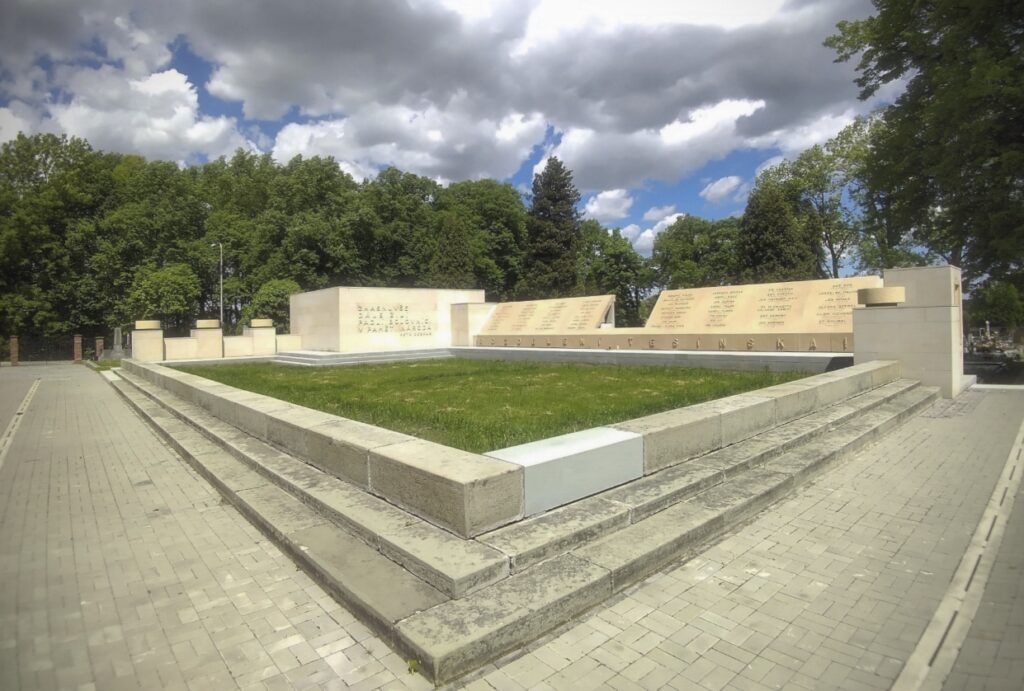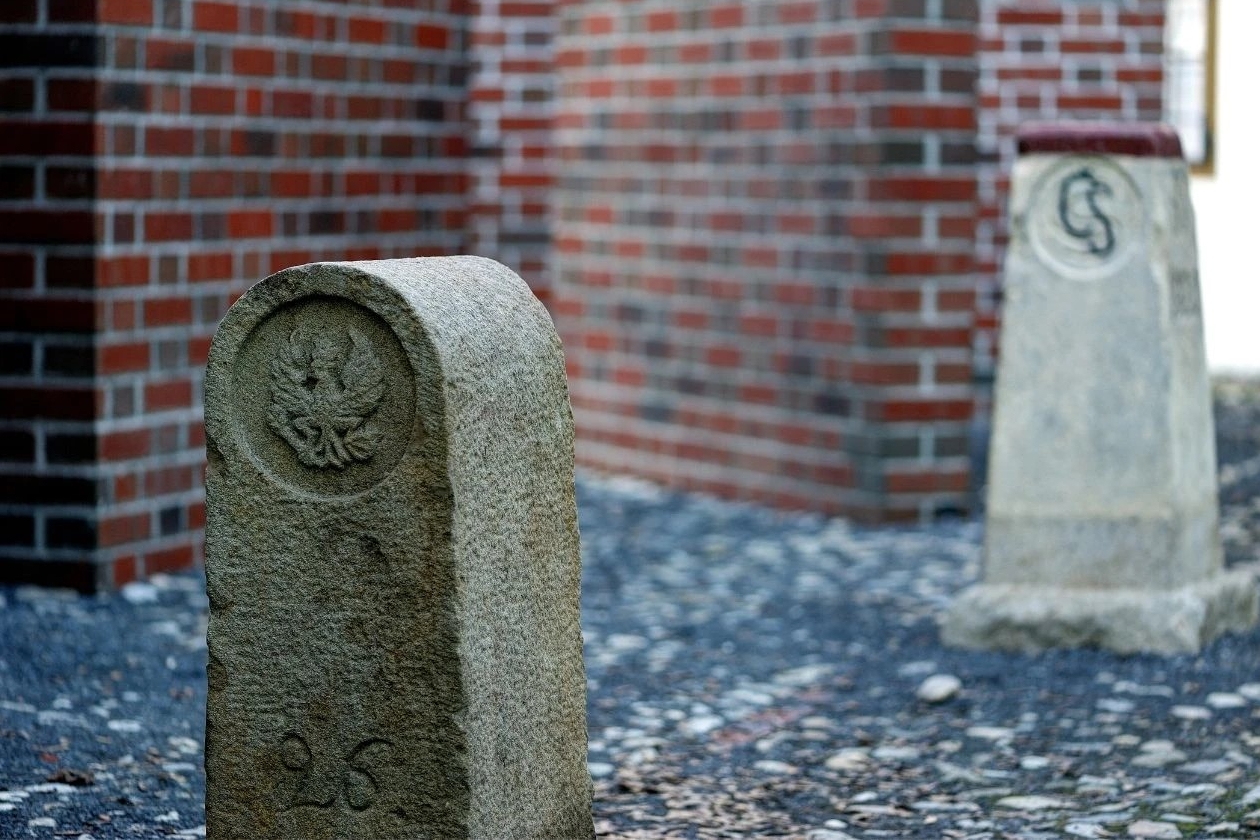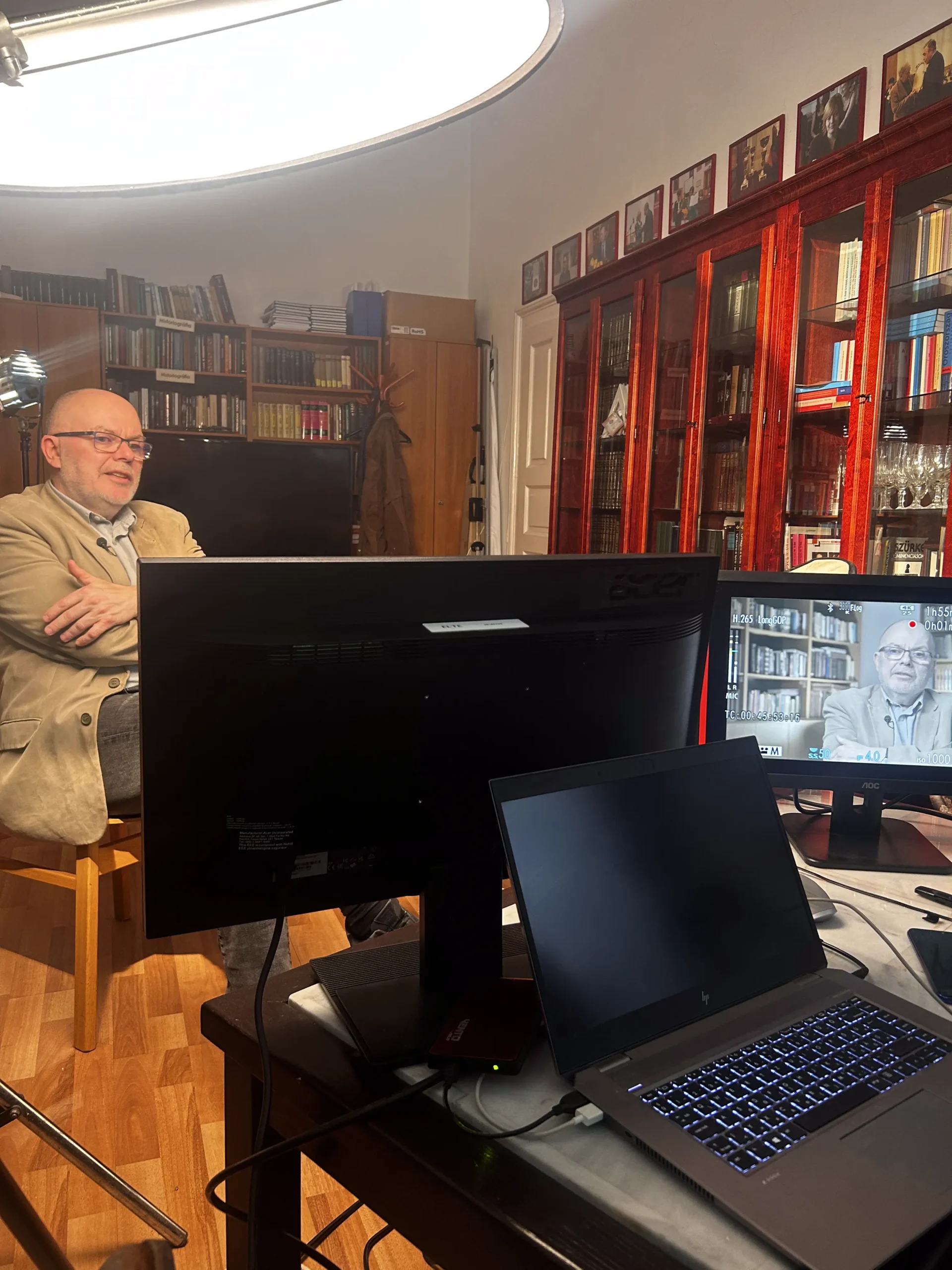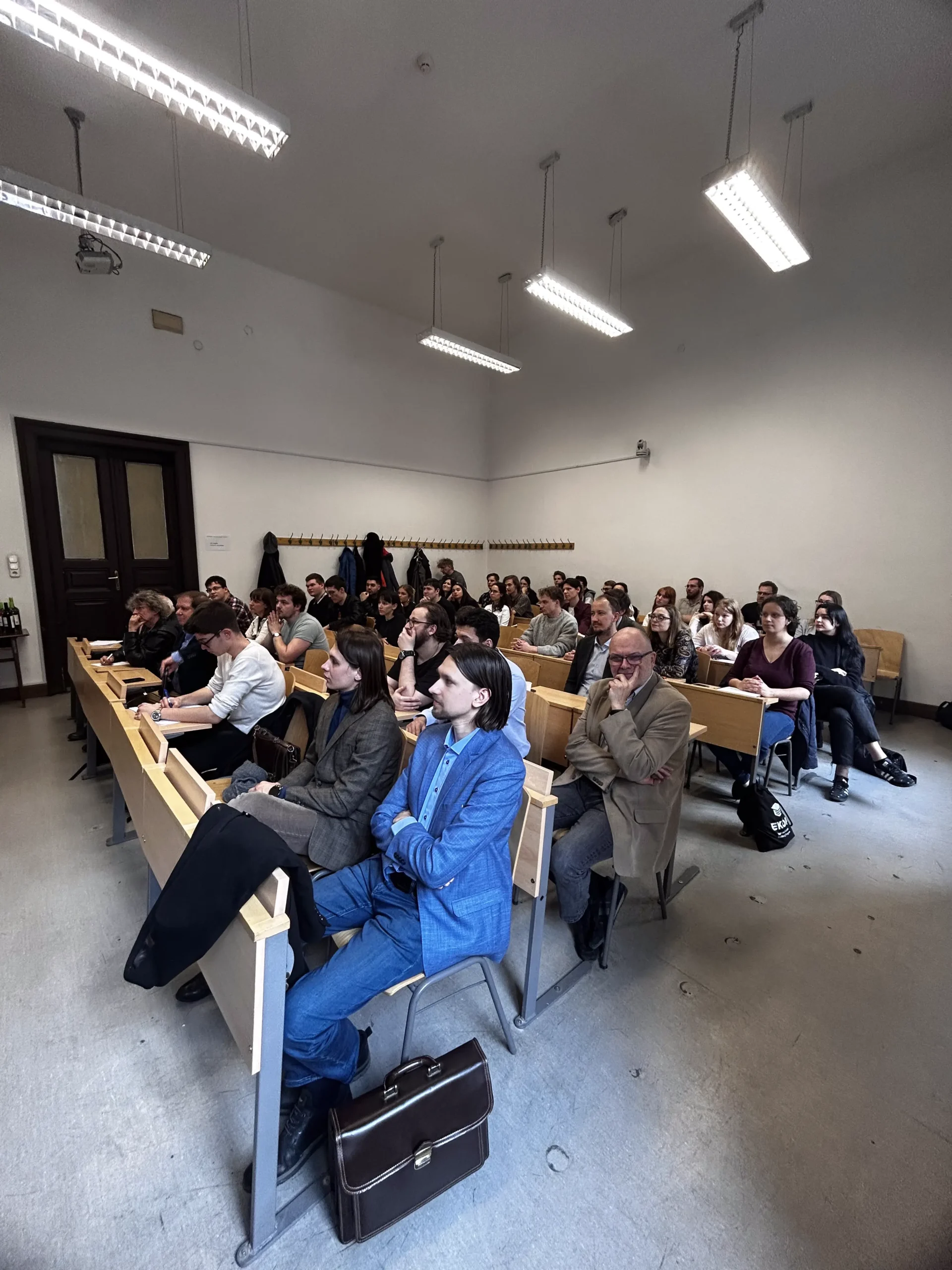Czechoslovakia as a small Babylon of nations – Hlučín
Fact of the Czech figure „The creation of an independent Czechoslovakia”
Part of the „Creation of the modern states (1918-1920)” topic
The end of the First World War and the peace treaties that followed it marked significant changes for the political map of Europe. The first months of Czechoslovakia’s existence were filled with territorial disputes with the Austria-Hungary successor states, deeply intertwined with the right to self-determination.
The newly established Czechoslovakia, which was founded as a national state of Czechoslovaks, inherited a disparate national composition from the Habsburg monarchy that was the basis of the aforementioned territorial disputes and the subsequent national tensions that persisted in the country until the Second World War. The Czechoslovak nation, composed of Czechs and Slovaks, made up only about two-thirds of the total population at the beginning of the republic. The remaining third was made up of large national minorities, mainly German, Hungarian, Rusyn and Polish, but also Jewish.
The peace treaties of the Paris post-war conference frustrated the dreams of the German population, especially in the north of Bohemia, Moravia and Silesia, of joining Austria; on the contrary, they assigned the Hlučín, Vitoraz and Valtice regions to Czechoslovakia, as well as the territories of Upper Hungary (today’s Slovakia), and of Subcarpathian Ruthenia. Additionally, the dispute between Czechoslovakia and Poland over the territory of Těšín was also resolved by international arbitration. This dispute, which even led to a short war, is still commemorated by the memorial to the fallen for Tešín in the village of Orlová, built as early as 1928, destroyed at the time of the Polish occupation in 1938/1939 and finally rebuilt after the Second World War.






